Top Lists
10 Interesting Facts About Nigeria
Besides being the economic giant of Africa, here are some interesting facts about Nigeria.
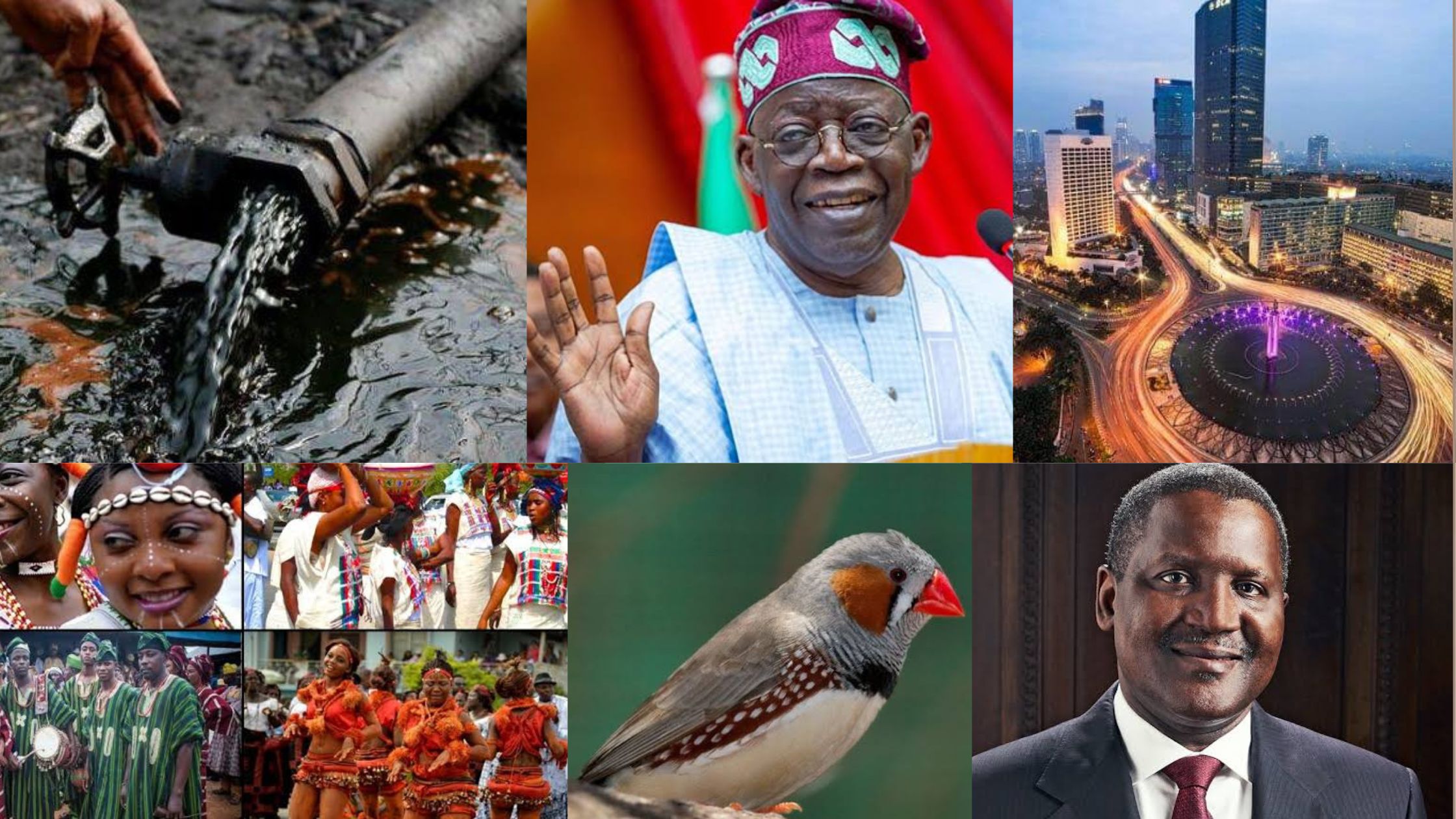
In this article, RNN will present 10 interesting facts about Nigeria. These facts only scratch the surface of Nigeria’s fascinating story, as the nation continues to develop, blending its history, culture, and progress into an intriguing subject for exploration.
Besides being a federal republic consisting of 36 states and the Federal Capital Territory, housing the capital, Abuja, below are some interesting facts about the giant of Africa, Nigeria.
10. Lagos: Nigeria Largest City

The largest city in Nigeria is Lagos, one of the world’s biggest metropolitan areas and the largest in Africa.
Lagos, also known as Lagos City, is Nigeria’s most crowded city. It had 21 million people in 2015, and over 26 million in 2023. The Lagos metropolitan area has nearly 30 million residents, making it Africa’s most populous urban region.
Despite its size, Lagos isn’t Nigeria’s capital; that’s Abuja, which was built in the 1980s. Abuja is the country’s administrative and political center. In contrast, Lagos, with more than 20 million inhabitants, serves as Nigeria’s financial hub and greatly influences the economy through industries like tourism, fashion, and education.
9. Incredible Diversity Of Butterflies
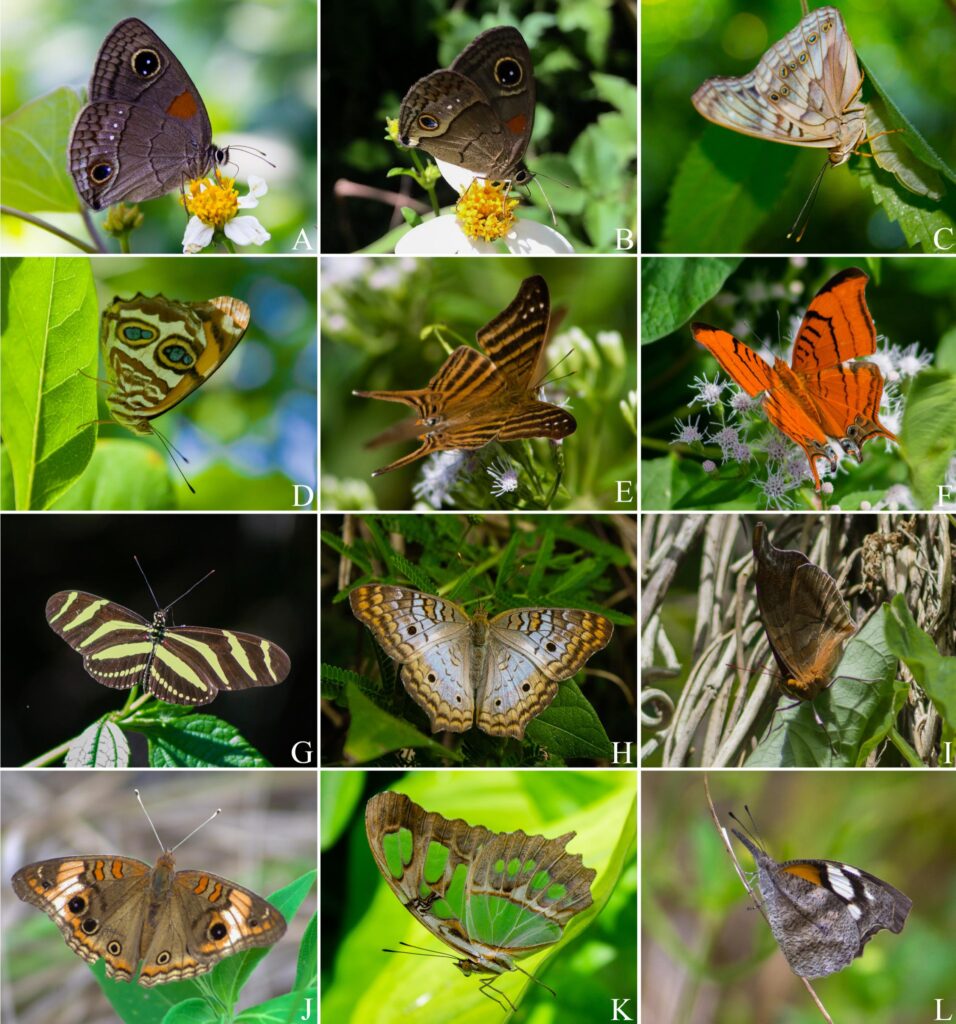
Another interesting fact about Nigeria is that Nigeria is home to over 1000 butterfly species, and these butterflies play a crucial role in keeping ecosystems healthy, especially in forests facing threats like deforestation and climate change.
Butterflies help plants reproduce by pollinating them. To protect Nigeria’s forests, particularly in places like Cross River National Park and Omo Forest Reserve, it’s vital to gather knowledge about these butterflies and take conservation and awareness-raising actions.
8. UNESCO World Heritage Sites
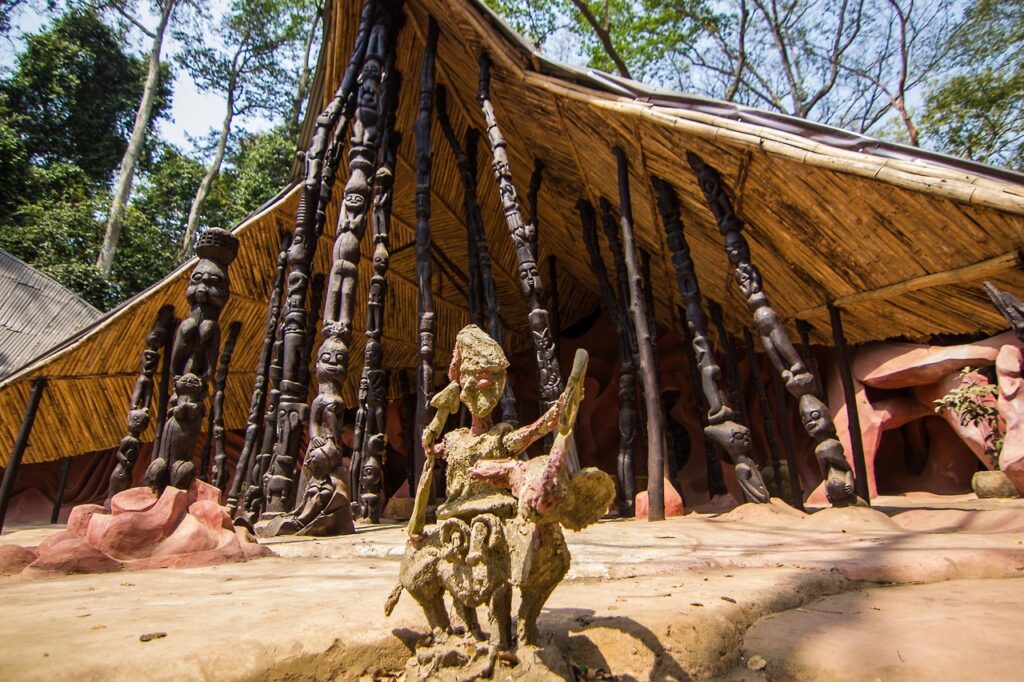
Nigeria has 2 UNESCO World Sites. These include the Osun-Osogbo Sacred Grove and Sukur Cultural Landscape. Both of these sites are incredible and famous landmarks in Nigeria.
-
Osun Osogbo
The Osun-Osogbo Grove, located in Osun state, Nigeria, is centuries old and one of the few remaining sacred forests near Yoruba cities due to urbanization. It’s recognized worldwide for its cultural importance and is a UNESCO World Heritage Site.
-
Sukur Cultural Landscape
Sukur Cultural Landscape in Nigeria, found on a hill near Sukur village in Adamawa State, is a UNESCO World Heritage Site. It’s in the Mandara Mountains, close to Cameroon’s border. UNESCO recognized it for its cultural heritage, objects, and terraced fields. Sukur is the first African cultural landscape on the World Heritage List.
7. Anambra Waxbill
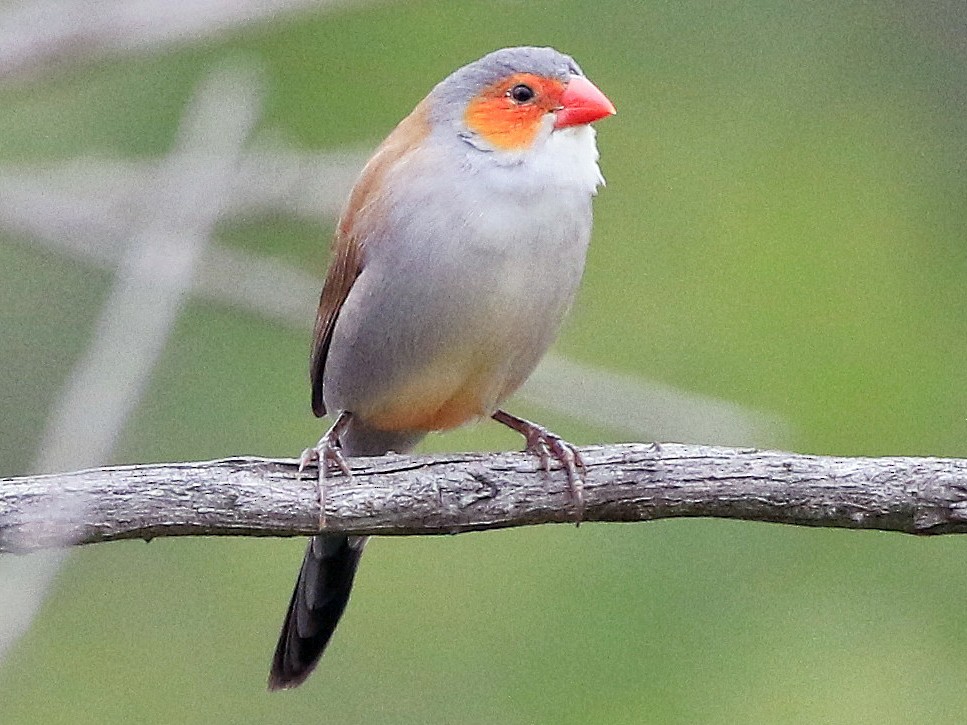
You can find unique birds in Nigeria, like the Anambra Waxbill. This small bird with beautiful colours is only found in Southern Nigeria. Keep an eye out for this cute little bird; it’s about 12 cm long, has a reddish-brown bill and rump, fine barring on its upper parts, and distinctive pale eyes. You might also hear its typical “tzzzt” call.
6. Home Of Oldest Dye Pit In Africa
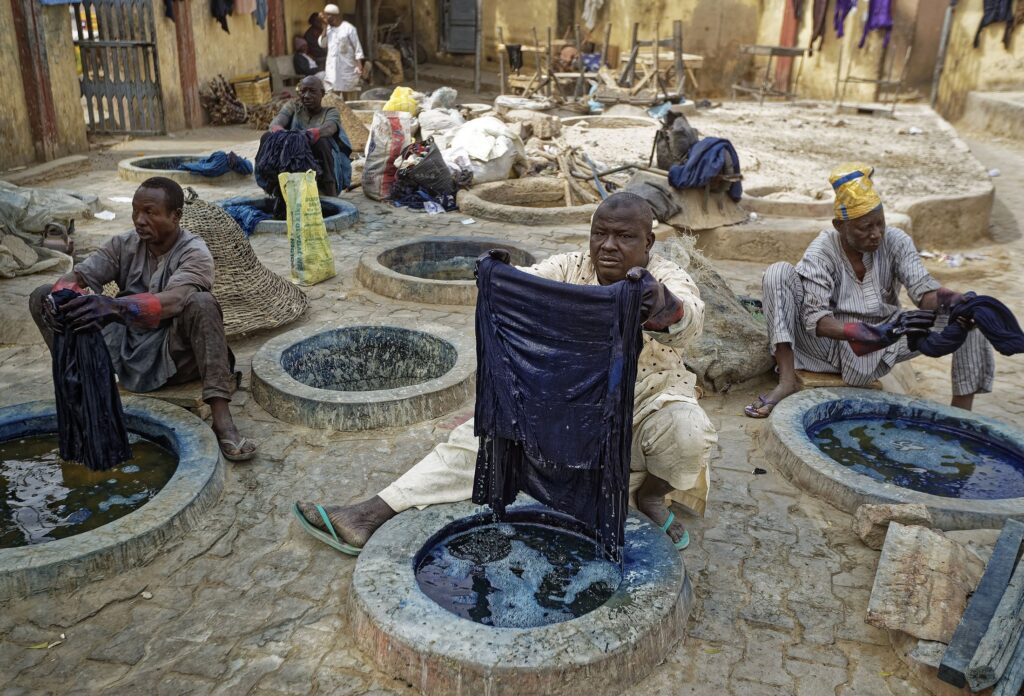
Adire textile, also known as tie and dye in Yoruba, is a type of cloth dyed with indigo in southwestern Nigeria by Yoruba women. They use various techniques to create colourful patterned designs using wax-resist methods.
The oldest dye pit in Africa, called Kofar Mata, is located in Kano, where it was established in the 15th century. This dye pit still exists today as a way to preserve the traditional tie and dye production methods of the past.
5. Nigeria Movies Industry, Nollywood
It is interesting to know that Nigeria’s movie industry, popularly known as Nollywood, is the world’s second-biggest movie industry. They make thousands of movies every year that are liked worldwide.
4. A Home to The Richest Man In Africa
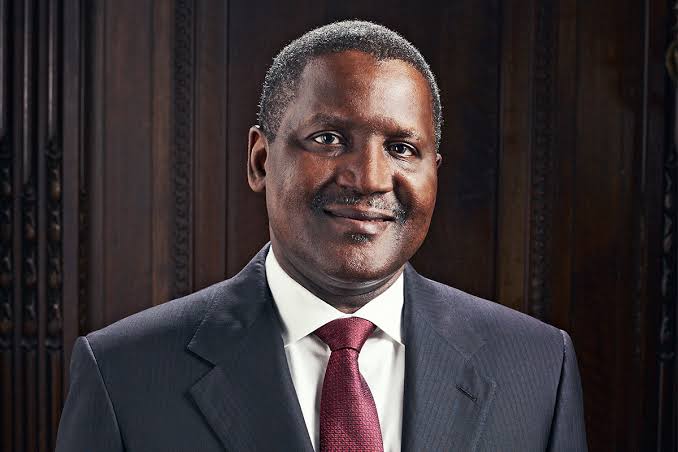
Aliko Dangote is a Nigerian billionaire who lives in Nigeria. He’s worth over $17 billion, making him Africa’s richest person. He’s known for founding and leading the Dangote Group, the biggest industrial conglomerate in West Africa. According to the Bloomberg Billionaires Index in August 2023, he had a net worth of $17.8 billion, making him not only Africa’s richest person but also the world’s richest black individual.
3. Diversity Of Over 500 Spoken Languages
Nigeria is known for its many languages. With over 200 million people, it’s Africa’s most populous nation and its biggest democracy. This diversity extends to over 300 ethnic groups, 500 languages, and various unique differences in religion and region, making it one of the world’s most culturally rich countries.
In Nigeria, more than 500 native languages are spoken. While English serves as the official language and primary lingua franca, spoken by 30 million people, Nigerian Pidgin – an English-based creole – is also used by many.
2. Largest Economy In Africa
Nigeria is Africa’s biggest economy with a GDP of $477 billion, driven by a booming financial sector and leading the way in petroleum exports. Its economy is considered middle-income, diverse, and growing, with expanding sectors like manufacturing, finance, services, technology, and entertainment. Nigeria’s manufacturing sector became the largest in Africa in 2013, supplying a significant portion of goods and services to West Africa. The country’s debt-to-GDP ratio is 36.63%. According to a Citigroup report, Nigeria is projected to have the world’s highest average GDP growth between 2010 and 2050. It’s also one of two African countries among the 11 Global Growth Generators.
1. Biggest Expectation Of Crude Oil

Nigeria is a significant player in the worldwide oil industry. It’s one of Africa’s largest oil producers and exporters, sending out over 2 million barrels of oil every day. In 2023, Nigeria had around 37.1 billion barrels of confirmed crude oil ready to extract. The type of oil Nigeria produces is mainly light and low in sulfur, which is in high demand on the global market and that makes it the top of interesting facts about Nigeria.
The presence of crude oil in Nigeria has been highly beneficial. It’s led to a remarkable increase in the country’s income. This increase includes money for the government, more foreign currency coming in, and greater exports. Additionally, the oil industry has created employment opportunities for many young people who didn’t have jobs before. This is one of the most fascinating things about Nigeria.
